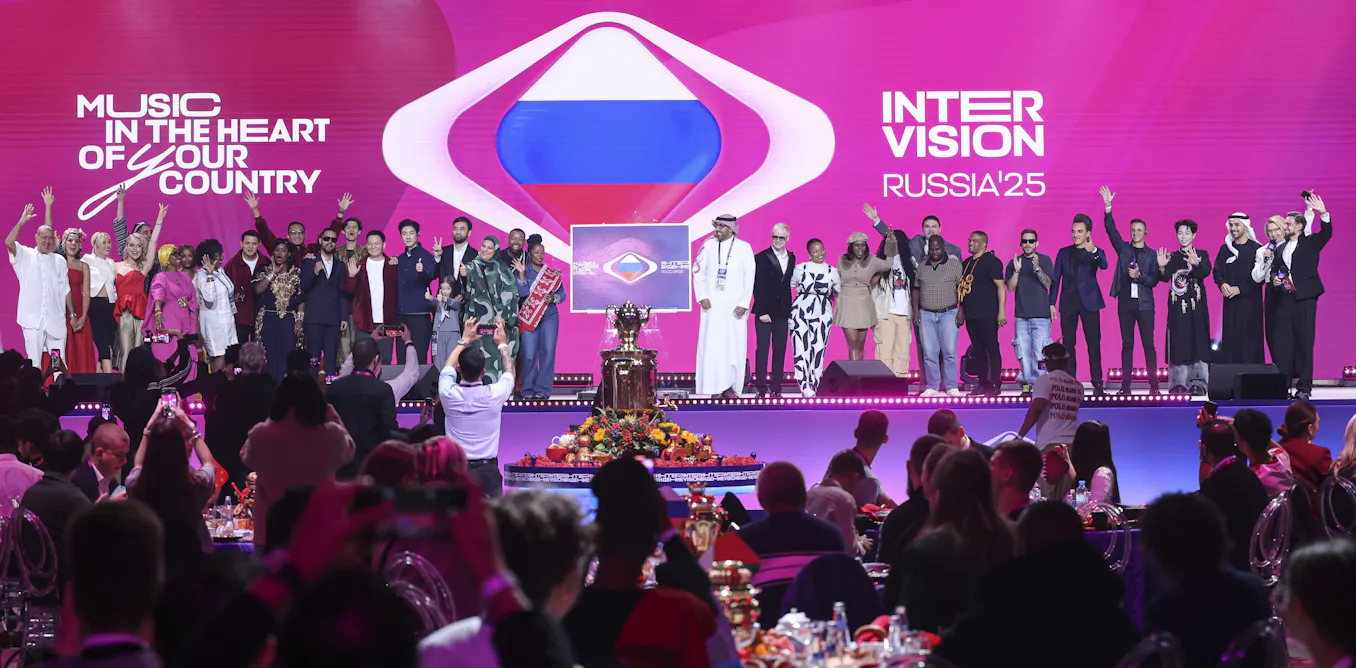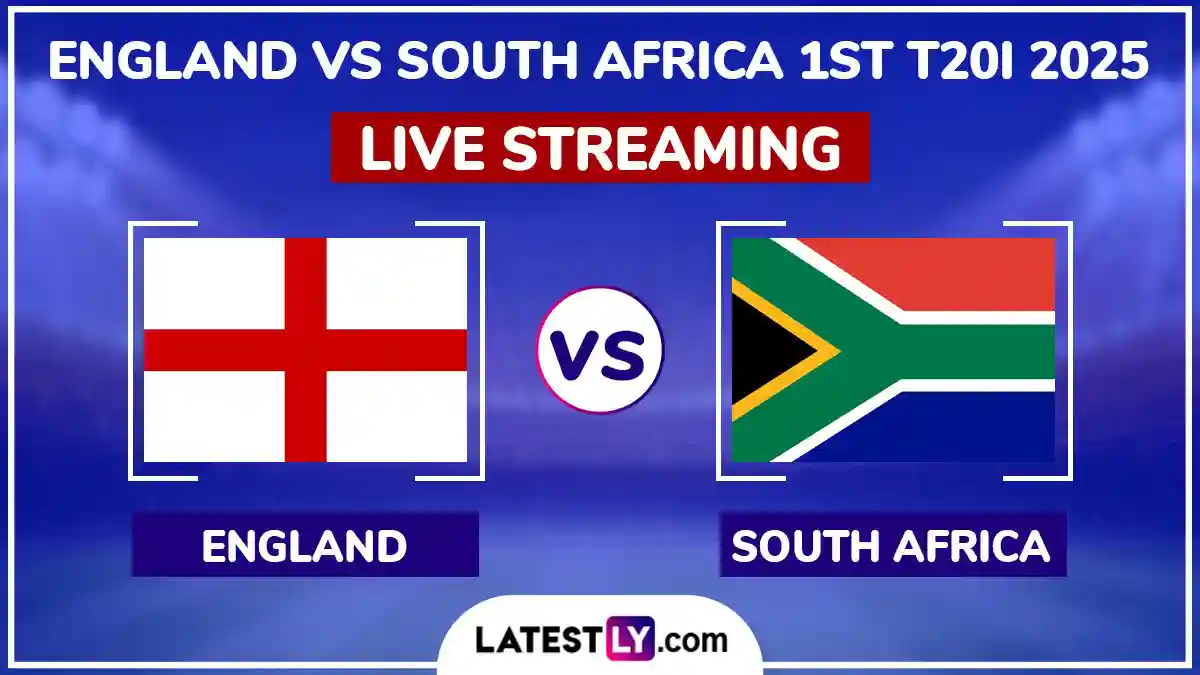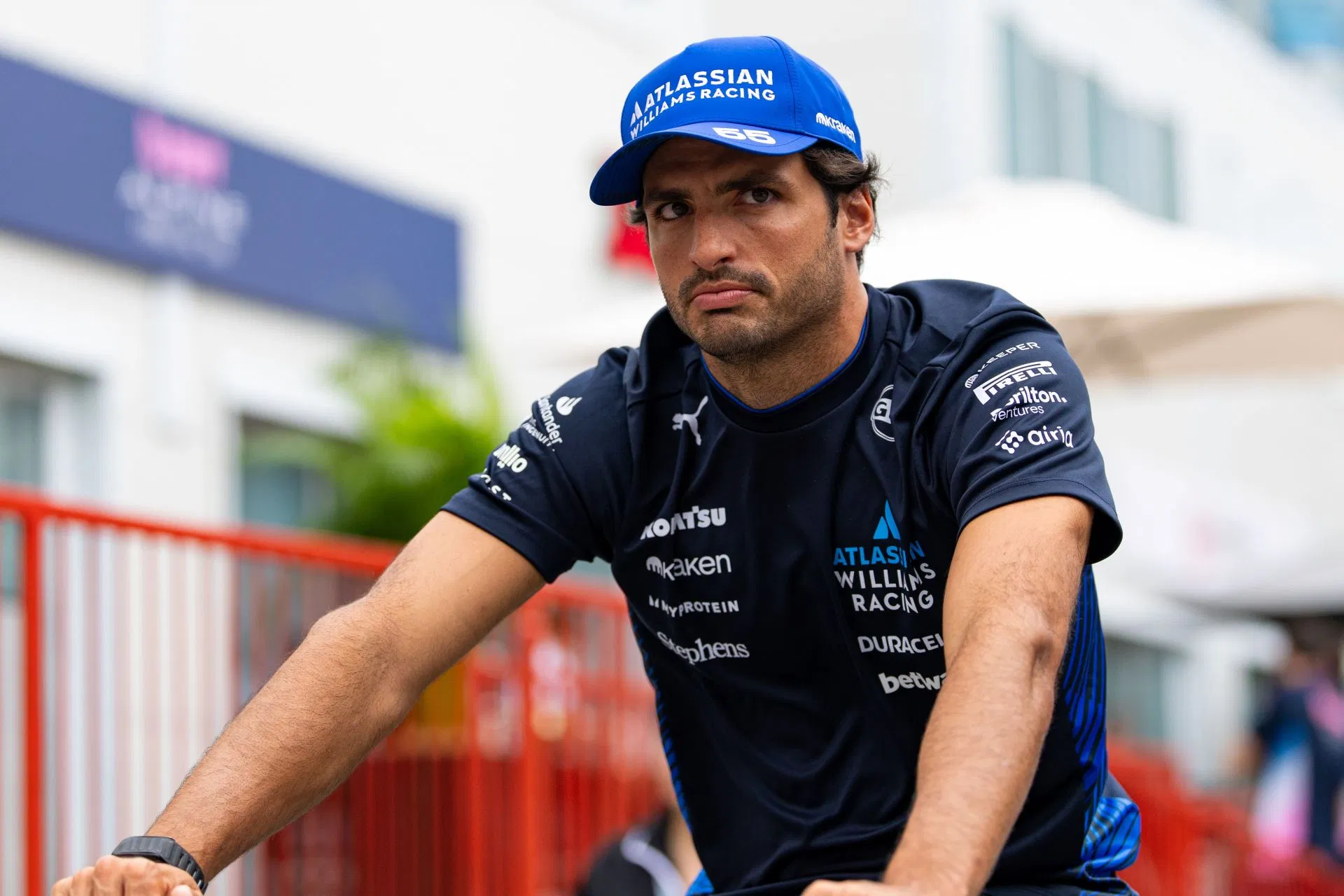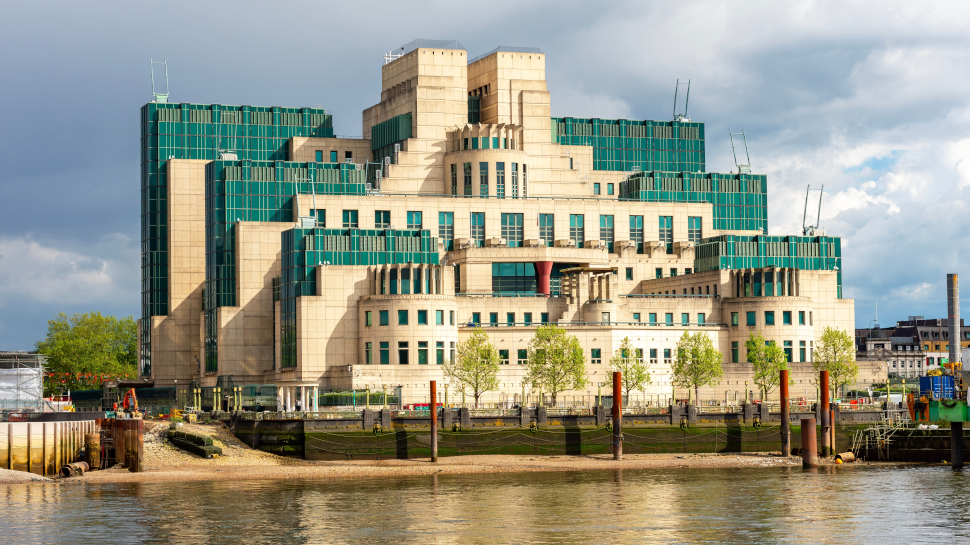Intervision: Russia’s bid to rival Eurovision song contest – but with more conservative values
By Postdoctoral Fellow,University of Manchester,Vitaly Kazakov
Copyright theconversation

If you were to read this: “Unity through music: top artists from across the globe come together on one stage to inspire and unite millions” you could be forgiven for thinking it’s an advertising blurb for next year’s Eurovision. But it isn’t. On the contrary, it’s the slogan for this year’s Intervision song contest, which takes place in Moscow on September 20.
Intervision was initially conceived during the cold war as a “counterweight” to Eurovision, but it never really caught on and was discontinued in 1980. Russia subsequently took part in Eurovision between 1994 and 2021, and it was ultimately expelled after the invasion of Ukraine. It recorded its only win in 2008, and hosted the contest in 2009.
The Russian president, Vladimir Putin, issued a decree in February this year announcing that Intervision would be revived “to further develop international cultural and humanitarian cooperation”. This year’s contest will feature artists from 23 countries, including representatives from China, Africa, Asia, Latin America, Central Asia and the Middle East. Interestingly, the US will also have an entry – although the original artist pulled out “for family reasons” on September 17. His place has been taken by an Australian singer who is resident in the US.
Intervision is a prime example of the way in which, in today’s highly febrile geopolitical situation, popular cultural and sporting events are being weaponised.
This is nothing new, nor is it exclusive to contemporary Russia. In the sporting world, many people saw Qatar’s enthusiasm for hosting the 2022 World Cup as a way of cementing its position as an important regional hub in the Middle East. In the sports world, the use of major events to project soft power is known as “sportswashing” – and everyone does it. Think of the opening ceremony of the London 2012 Olympics which was directed by the multi-award winning film-maker Danny Boyle.
Now, analysts are examining the way the Putin administration is using music to further its political end and calling it “songwashing”.
Intervision is clearly being taken very seriously by the Kremlin. The deputy prime minister, Dmitry Chernyshenko – who presided over the planning for the Sochi Winter Olympics in 2014 – is chair of the organising committee. Konstantin Ernst, head of Russia’s Channel One TV network and mastermind behind the Sochi 2014 opening ceremony, is also heavily involved.
In what appeared to be a direct snipe at Eurovision, the Russian foreign minister, Sergei Lavrov – a close ally of Putin – said Intervision would be free from “perversions or affronts to human nature”. After Eurovision in 2024, the country’s foreign ministry spokesperson, Maria Zakharova, said the contest had “surpassed any orgy, sabbath, or ritual sacrilege”. This sort of
conservative messaging has been a staple of Moscow’s political communication to audiences at home and abroad for more than a decade.
The cultural boycott of Russia since its full-scale invasion of Ukraine has hurt the country’s efforts to reach audiences. Russia has been barred from an array of major sporting and cultural events such as the Olympics, the football World Cup and European Championships and Eurovision. Its ballet, opera companies and orchestra have been barred from many of the world’s most prestigious venues and works by Russian composers and playwrights have been blacklisted in many countries.
The Kremlin’s response has been to arrange its own versions of what is sometimes dubbed “mega-events”, albeit on a much smaller scale. In 2023, Putin announced Russia would host a World Friendship Games, to be held in Yekaterinburg the following year, “to ensure the guaranteed free access of Russian athletes and sports organisations to international sports activities, and the development of new formats for international sports cooperation”. The event was subsequently postponed over fears that it would not attract enough top competitors, despite a large prize pot on offer.
A Brics Games featuring competitors from 82 countries was held in Kazan in the Russian republic of Tatarstan in June 2024. Russia topped the medals table.
Likewise, the University International Sports Festival was Russia’s response to being barred from hosting the FISU 2023 World University Games.
Seeking new audiences for ‘Russian values’
Russia’s use of such sporting and cultural events has been described as a new form of “Potemkinism” – after the showcase villages built in Imperial-era Russia to impress visitors. Although, to be fair, projecting soft power in this way is in no way exclusive to Russia or any other authoritarian states.
Intervision is the same. It’s designed to appeal to both a domestic crowd, legitimising Putin’s regime, as well as projecting “Russian values” and cultural depth to the rest of the world (at least to those paying attention). These events signal to audiences at home and abroad that things are “normal” in Russia, despite the country being engaged in a bitter war with its neighbour Ukraine.
It dovetails with attempts to build anti-western coalition through its efforts on the diplomatic stage. It is also an effort to send a message about Russia and the state of the world to audiences which might be wary of what they regard as an all-pervasive US influence.
At first glance, these Soviet-era events may appear as a quirky manifestation of cold war nostalgia. But they are part of a push by countries like Russia, China and others to build a rival cultural and international order.
It’s highly unlikely that Intervision will send the Russian entry Shaman – a controversial, pro-war singer described as one of Russia’s chief propagandists – into the global pop stratosphere. But it’s worth keeping an eye on how global audiences respond, particularly those beyond the west. It may be that some people outside the joyously camp Eurovision bubble are receptive to Intervision’s more conservative messaging.



